Budget 2024: New stages of grief for creeped-out taxpayers
The benefits of stage three tax cuts will vanish for workers in four years, Treasury says, with the budget being widely panned by economists as adding to inflation pressures.
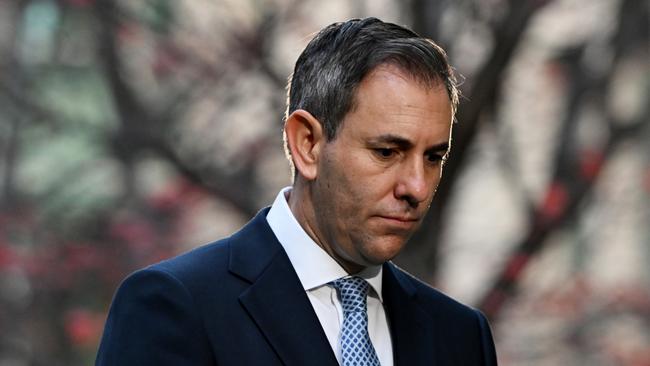
The benefits of stage three tax cuts will vanish for workers in just four years, according to Treasury, with Jim Chalmers’ third budget being widely panned by economists as adding to inflation pressures, doing little to enhance productivity growth and increasing the structural deficit.
With the Treasurer promoting Labor’s revamped income tax cuts as the key cost-of-living measure in the budget, The Australian’s analysis of the budget papers showed workers would provide 49 per cent of government receipts by 2027-28.
This is higher than before the Coalition’s tax reform package began in 2018-19 and higher than the 48 per cent predicted for this financial year before the July 1 start date for the stage three tax cuts – due to bracket creep. It is also well up on the 42 per cent share in 2008.
The evidence of the budget’s increasing reliance on income taxes to pay for expanding government services came as the Treasurer used his post-budget sales pitch to claim Labor’s $7.8bn cost-of-living package would tackle inflation. This is despite the budget being panned by economists, business, social welfare groups and even some unions.
Economists said a $300 electricity bill rebate and extra commonwealth rental assistance would make it harder for the Reserve Bank to cut interest rates, while the Coalition and the Greens are threatening to use their numbers in the parliament to block key planks of the Future Made in Australia agenda.
After Dr Chalmers said growing expenditure was “unavoidable”, Anthony Albanese writes in The Australian that the budget is about choices “and we are proud of our choices”.
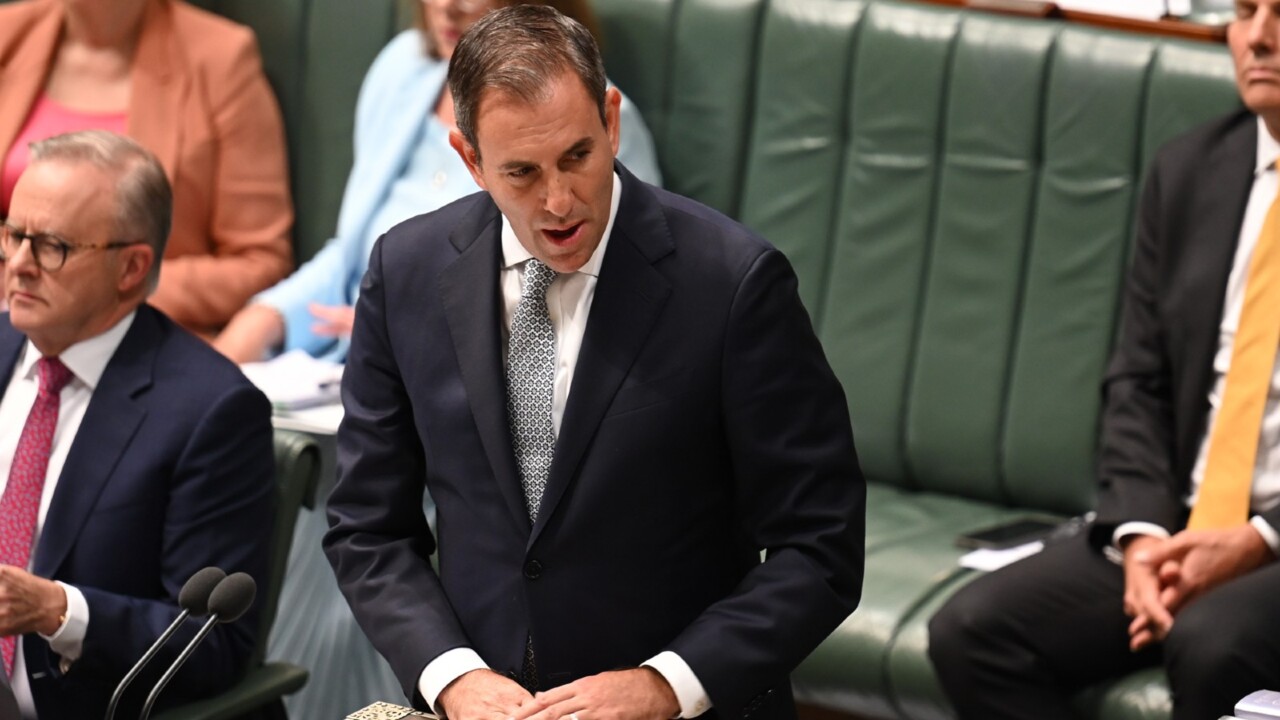
The Prime Minister described the budget as “careful, deliberate and responsible – and because of that we’ve been able to forecast a second surplus of $9.3bn”.
“Tuesday night’s budget provides responsible relief for households while reducing inflationary pressure in the economy,” he writes. “Inflation has been moderating, and real wages are growing.
“But Australians continue to feel financial pressure. Our number one priority is giving Australians cost of living relief.”
RBC Capital chief economist Su-Lin Ong said that “with more money going into the economy than before, it’s hard to see how it makes their (the RBA’s) already challenging job any easier”.
“The risk – purely on last night’s budget – is they stay on hold for longer,” Ms Ong said. “Both policy arms are now literally going in the opposite direction.
Jarden chief economist Carlos Cacho said $20bn of the $24bn in net new spending decisions since December’s mid-year fiscal update – or more than 80 per cent – would hit the economy over the coming two years, at a time when inflation remained a primary concern. Including major new spending initiatives contained in recent state budgets – not least Queensland’s $3.5bn commitment to provide $1000 energy subsidies – added up to $30bn in extra taxpayer funding in 2024-25 at a time when the RBA was flagging worries about persistent homegrown price pressures.
“While the government argues that cost-of-living support measures such as energy and rent subsidies will bring down CPI (the consumer price index), we fear they are likely to stoke broader inflation,” Mr Cacho said.
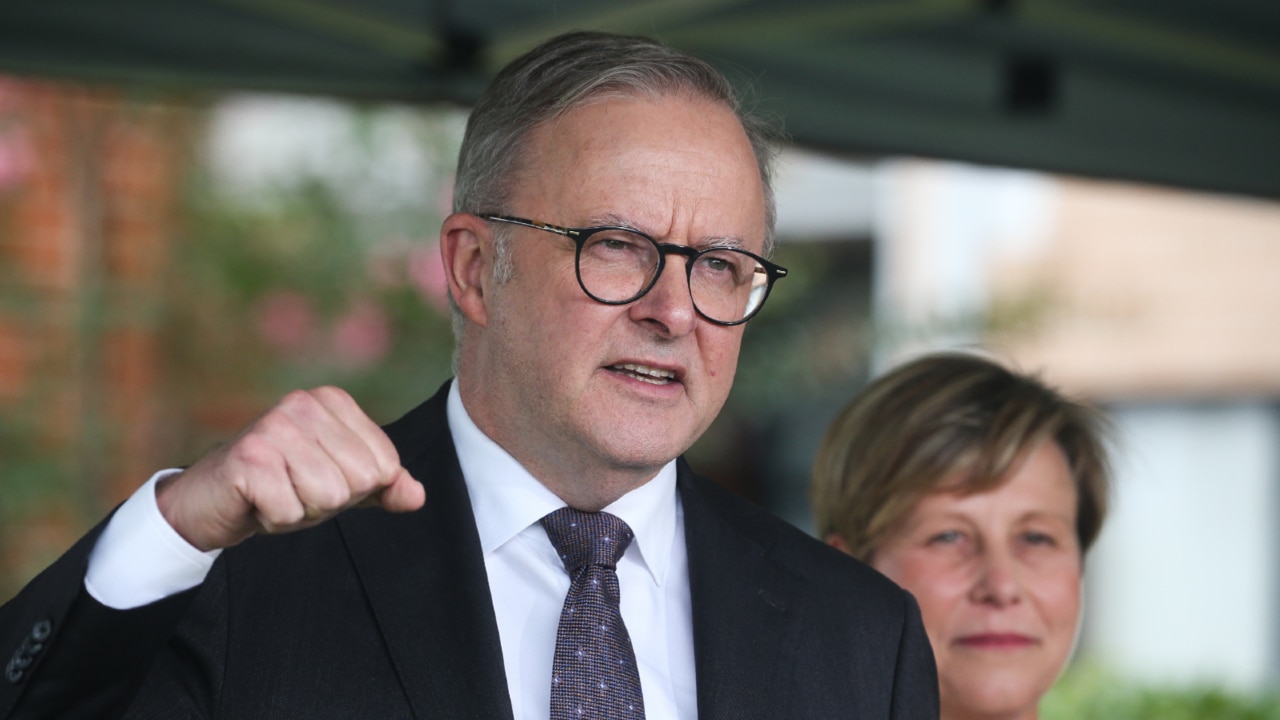
Mr Albanese’s refusal on Wednesday to rule out an early election prompted new speculation he could go to the polls this year.
The Treasurer declared much of his third budget’s spending was “desirable” and all of it was “warranted”, pushing the parliament to pass the document’s key measures.
Peter Dutton lashed Labor for delivering “$15bn for billionaires to dig minerals out of the ground” through its tax credits scheme for the production of green hydrogen and critical minerals, while the Greens are threatening to oppose the incentives if the green economy’s expansion is undermined by new coal and gas projects. The tax credits are worth $13.7bn over the forward estimates.
“We don’t support it (the production tax credits) because I think we should be helping Australians who are struggling at the moment to find a house,” the Opposition Leader told ABC TV.
“We’ve got people living in cars and in tents. The Prime Minister had nothing to say about that yesterday. The Treasurer had nothing to say about it last night.
“People like Clive Palmer and people like Twiggy Forrest and others at the moment are great business people, they know how to milk a pretty weak government, and I think that’s what they’re doing at the moment. I actually think we would be better off providing for arrangements and an environment which is conducive to business investment.”

While there has been fierce resistance to the production tax credits and to a lesser extent the government’s decision to impose “soft caps” on the number of international students at each university and college, Mr Dutton conceded he would wave through cost-of-living measures. The Coalition will support the $300 energy rebates, though Mr Dutton said they should be means-tested, as well as the 10 per cent increase to Commonwealth Rent Assistance payments, $3bn in debt relief for university students and the freezing of co-payments for Pharmaceutical Benefits Scheme prescription medicines.
Business groups raised alarm that federal spending would grow to 26.6 per cent of gross domestic product in 2025-26, limiting the chances of future tax relief for workers and businesses.
BCA chief executive Bran Black said spending as a proportion of GDP in 2024-25 would be the highest since 1987, excluding the Covid pandemic years. “That is a significant point of note and concern for us,” Mr Black said.
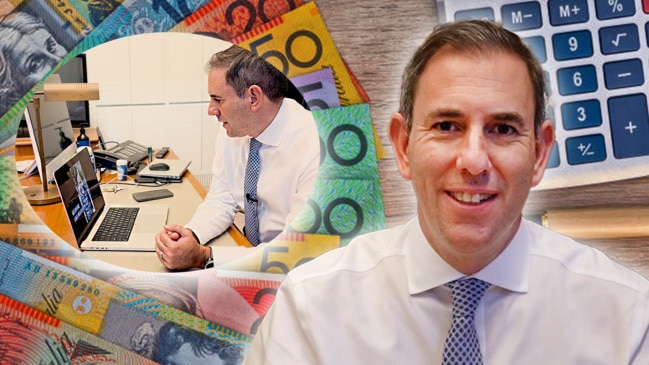
The Treasurer in his post-budget address in Parliament House framed Labor’s approach as “more ambitious without being less responsible”, saying there was “more nuance in the fiscal strategy”.
Dr Chalmers said Labor’s new orthodoxy of greater intervention was aimed at creating Australia’s “fourth economy … by grasping the vast industrial and economic opportunities of the global net zero transformation”.
CEDA chief economist Cassandra Winzar said Australia had seen a “concerning” long-term decline in productivity, and she did not see any measures in the budget that would help to address this.
Centre for Independent Studies adjunct fellow Gene Tunny said the government would ultimately need to address the structural deficit in the budget.
Additional reporting: Rhiannon Down

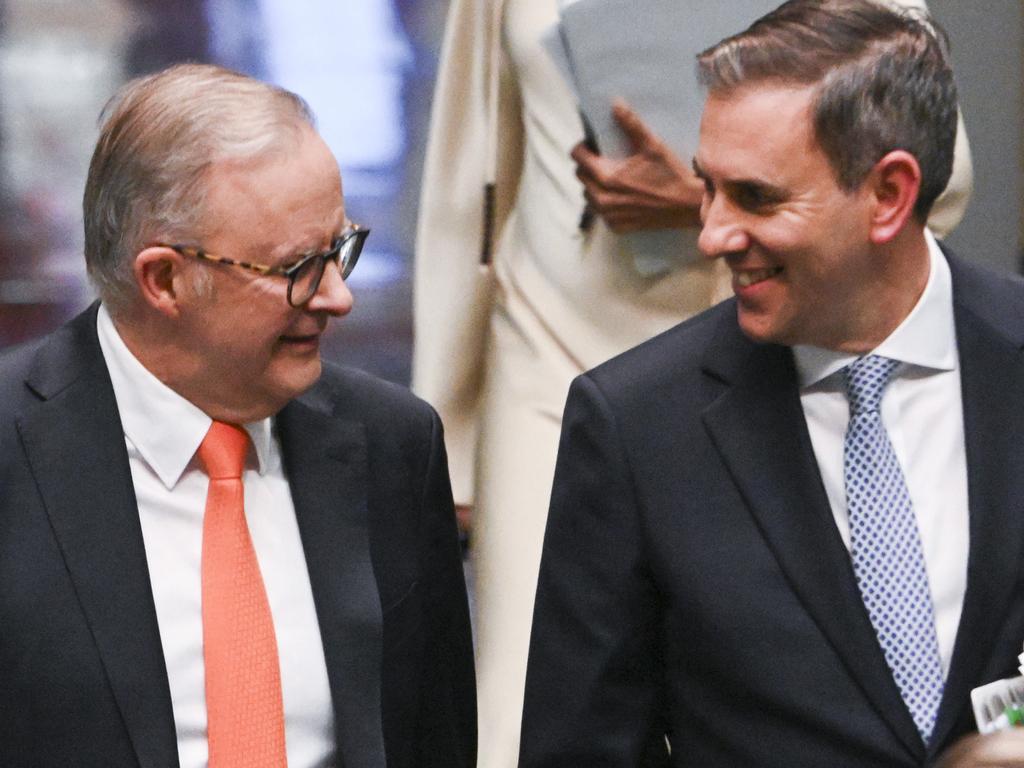
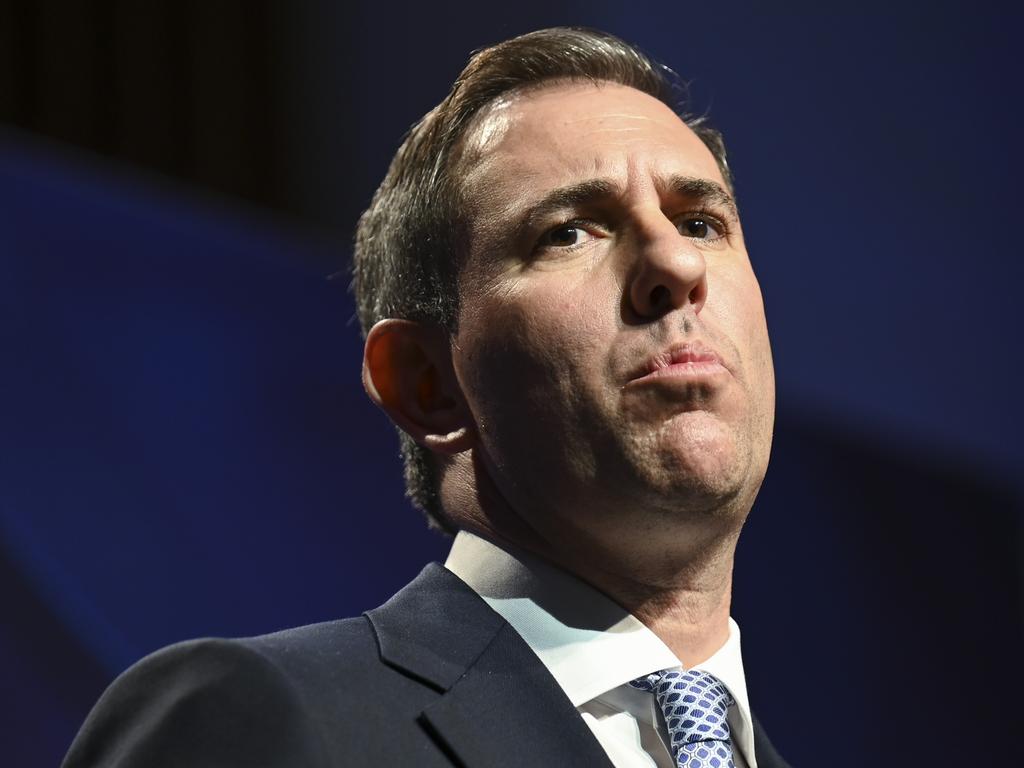




To join the conversation, please log in. Don't have an account? Register
Join the conversation, you are commenting as Logout